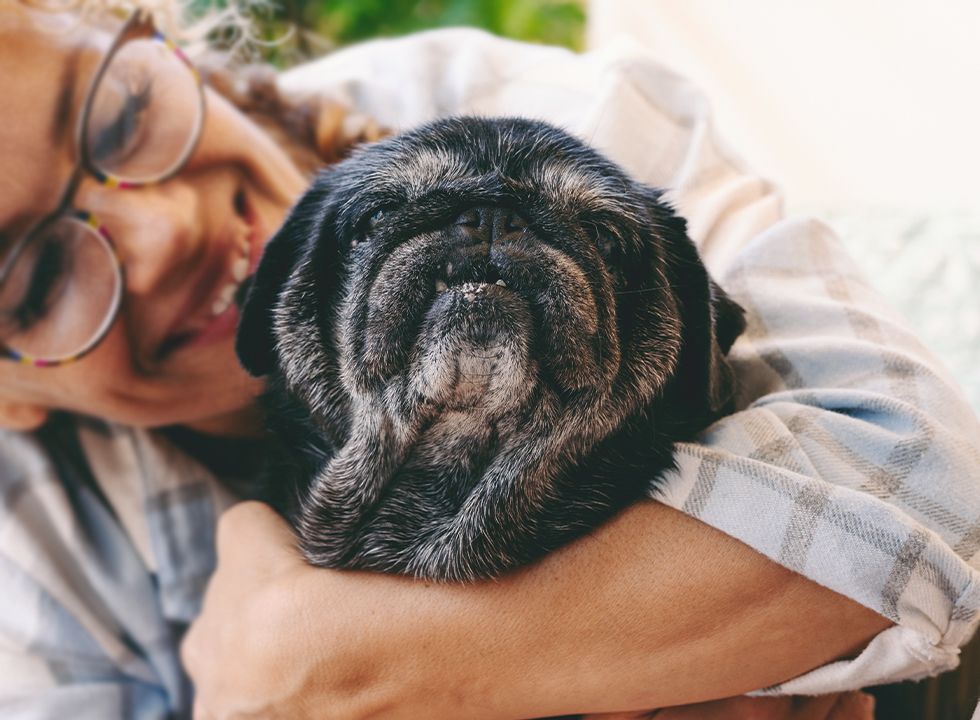SENIOR PET CARE
SENIOR PET CARE

CARING FOR SENIOR PETS
Older pets are more prone to arthritis, heart disease, cancer, and other health problems than their younger counterparts. The exact age a pet becomes a senior varies based on several factors, but on average, they’re considered “seniors” once they reach about seven years of age.
Older pets tend to slow down, so adjusting their diet is crucial. Failing to modify your furry friend’s diet as they age makes them more susceptible to obesity and other problems. We offer nutritional counseling to help you build a diet plan that’s right for your older cat or dog. Seniors also need twice-yearly wellness exams and routine blood work to monitor their ongoing health. Determining whether a dog or cat is sick or just showing normal signs of aging isn’t easy, so it is crucial to bring them in for senior pet checkups. After all, you want your beloved companion to remain healthy and by your side for as many years as possible.

OLDER PETS & HEALTH ISSUES
SENIOR PET CARE IN GARLAND
Club Hill Animal Clinic provides comprehensive senior pet care for dogs and cats in Garland, Mesquite, Rowlett, Richardson, and Plano.

